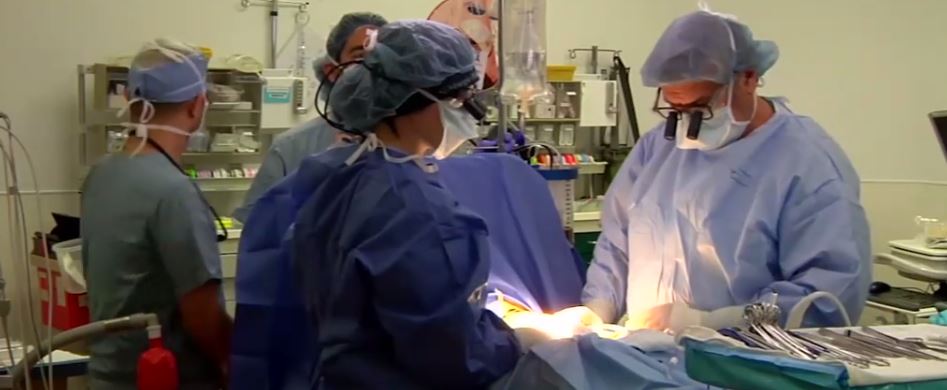Increasingly, liver transplant centers are changing a long-standing practice of delaying potentially life-saving liver transplantation for patients with severe alcoholic hepatitis until after they stopped drinking alcohol for six months, according to a new study scheduled for presentation at Digestive Disease Week (DDW) 2018.
“Liver transplant for severe alcoholic hepatitis is being increasingly accepted, with positive outcomes, and the hope is that more and more patients will be evaluated for transplants,” says Saroja Bangaru, MD, chief resident in internal medicine at the University of Texas Southwestern Medical Center, Dallas, and co-author of the study. “The hope is that survival rates are encouraging enough for centers, so that even more of them will reverse past practices.”
Severe alcoholic hepatitis has an extremely high mortality rate. The primary treatment option has been the use of steroids, predominantly prednisolone. But, many patients do not respond to steroids, and a significant percentage of them will die within three months.
Historically, centers would not perform transplants until patients had stopped drinking for six months due to concerns about a return to drinking after transplant. Additionally, there was a perceived high risk that patient’s continued drinking would cause them to miss medical appointments and failure to take their immunosuppressant medications, which prevent organ rejection, all of which could contribute to transplant failure.
Only in recent years have limited studies begun to show greater success for transplants for severe alcoholic hepatitis, Bangaru says. These studies have also shown that a variety of other factors — aside from recent drinking — influence whether a patient relapses. These include whether the patient has good social support, suffers from psychiatric ailments and accepts that they have an alcohol problem.
“These studies suggest that predicting risk of relapse is much more complicated than just duration of abstinence,” Bangaru says.
Researchers gathered data from 45 transplant centers, of which 23 said they were now performing such transplants. Among those, 17 centers reported that patients had a one-year survival rate of more than 90 percent, which is higher than that reported in several previous studies.
The survey found that centers have become more willing to perform transplants, as long as patients are carefully screened. Researchers report that centers use highly selective criteria in approving candidates for transplant, assessing their medical history, social support system, and whether they have additional health problems, particularly psychiatric disorders.
“If patients are selected well, according to these criteria, it allows for the excellent survival that we are seeing post-transplant,” Bangaru says.
Past policy has done a disservice to those patients who were previously unaware that they had liver disease.
“Some patients come in for the first time with severe alcoholic hepatitis, and no one has ever told them to stop drinking,” says Bangaru. “Because they are not eligible for transplant, they have a really high mortality rate.”
The survey also concludes that most transplant centers had “inadequate” post-transplant support for patients. While most offered the services of social workers, only a limited number provided psychiatric or group therapy support that could be very important in helping patients avoid relapse and further medical problems.
Bangaru says further study is needed to encourage more transplants, in particular a controlled clinical trial that follows survival rates over one, three, and five years, along with an assessment of rates of alcoholic relapse.





